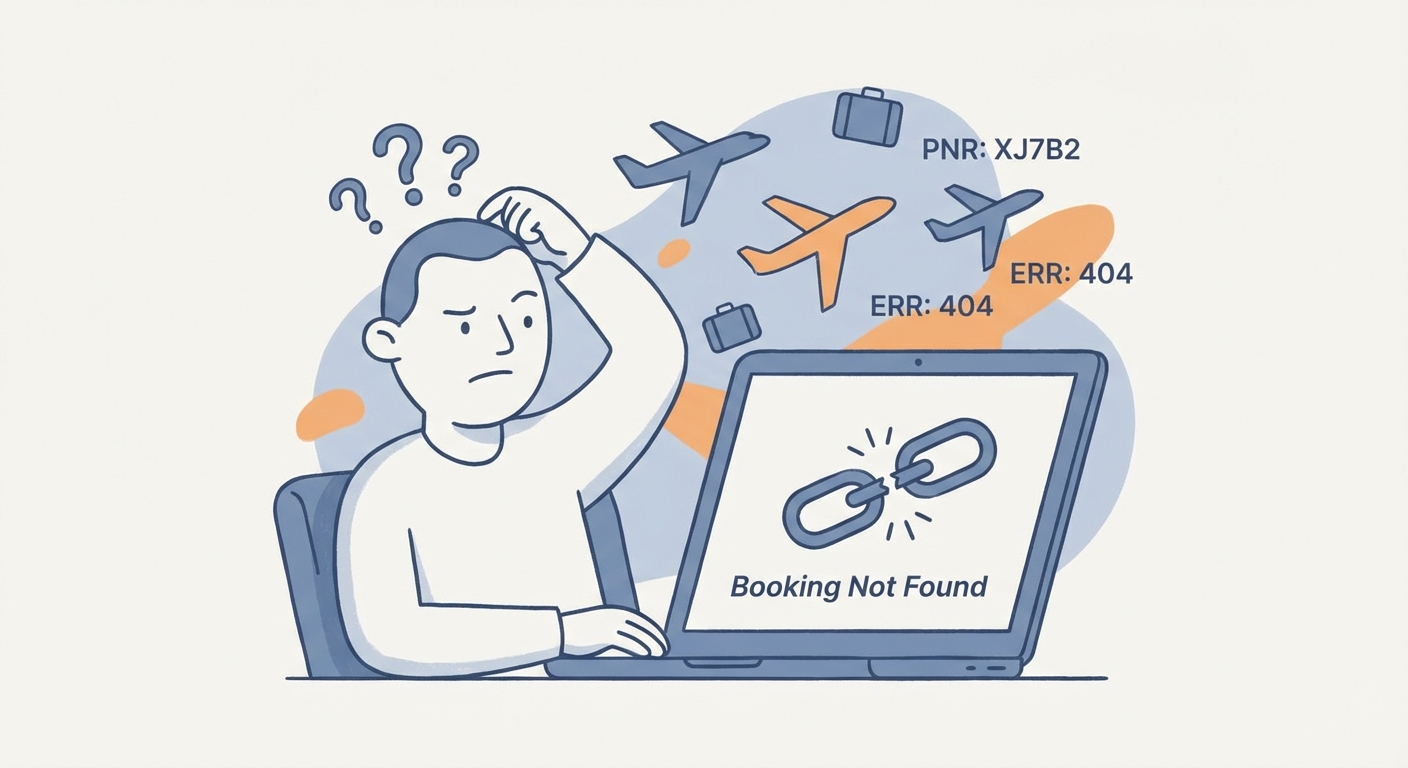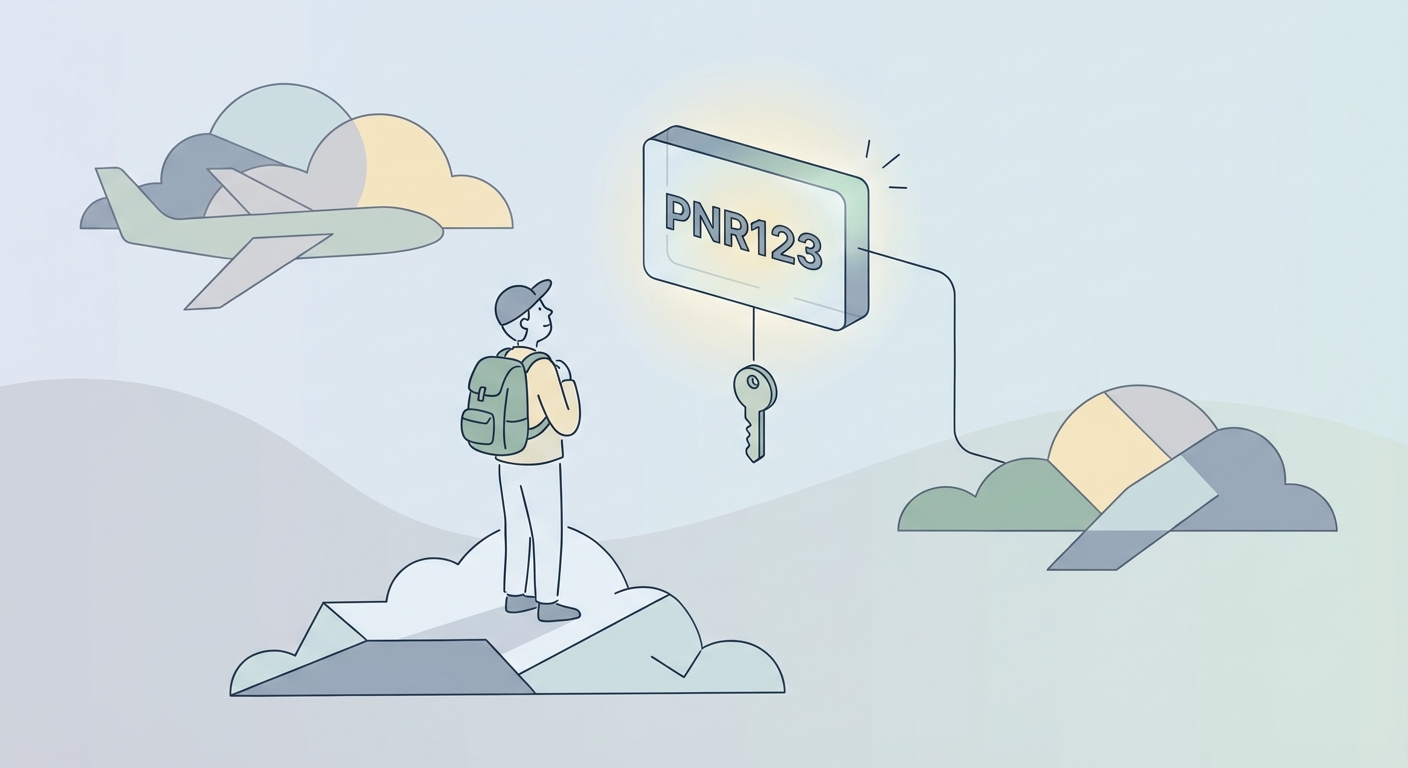General Sales Agent Definition in Travel Services
TL;DR
- This article covers what a General Sales Agent (GSA) is in the travel industry, particularly focusing on their role in international travel and destination planning. It explains their responsibilities, benefits of using a GSA, and how they contribute to the overall travel experience, especially for adventure seekers looking for unique and exciting trips.
What is a General Sales Agent (GSA) in Travel?
Ever booked a flight and wondered who's really behind the scenes making sure everything goes smoothly? Well, let's talk about General Sales Agents (GSAs) in the travel biz. They're kinda like the unsung heroes, especially when you're dealing with international travel.
So, what is a General Sales Agent? Basically, a GSA acts as a representative for travel suppliers – think airlines, hotels, tour operators – in a specific region or country. They're not just your average travel agent; they're more like a local extension of the supplier, handling a bunch of stuff the supplier can't easily do from afar. This means they're deeply embedded in the local market, understanding its nuances in a way an external company might not.
- Think of it this way: Imagine a small boutique hotel in Bali wants to attract more tourists from, say, Germany. Instead of trying to manage sales and marketing efforts from thousands of miles away, they hire a GSA in Germany.
- This GSA then becomes their local expert, promoting the hotel to German travel agencies, handling bookings, and even providing customer support in German.
- It's important to know that GSAs are different from regular travel agents, who sell a variety of travel products from different suppliers. GSAs are focused on representing specific suppliers, often through exclusive contracts and a more integrated business model. While travel agents typically earn commissions on sales, GSAs might have a more complex fee structure, sometimes including retainers, performance bonuses, or a combination, reflecting their broader role as a local operational arm.
What do these GSAs actually do all day? A lot! Their responsibilities can be pretty broad, but here's a few key areas:
- Sales and marketing is, like, huge. They're responsible for promoting the travel products to local travel agencies and customers. This might involve attending trade shows, running advertising campaigns, and creating marketing materials in the local language.
- Market research and analysis is also key. GSAs need to understand the local market, including travel trends, competitor activities, and customer preferences. They're constantly gathering intel that helps their supplier partners stay ahead.
- Customer service and support. Because, of course, things go wrong sometimes. This can include handling inquiries, managing complaints, and providing assistance during travel disruptions.
- Operational support is another big one. This can involve managing local payment processing, handling visa support for local clients, or even coordinating local logistics that the supplier can't manage remotely.
- And, of course, building relationships with local travel agencies – it's all about who you know, right?
GSAs are pretty vital for travel companies looking to expand their reach into new markets without setting up a full-blown office. (How GSSAs Support Small and Regional Airlines - Group Concorde)
The Importance of GSAs in International Travel
Ever wondered how that tiny guesthouse in the Andes mountains gets guests from all over the world? Chances are, they're using a General Sales Agent, or gsa. It's kinda essential for international travel, you know? The global travel landscape is complex, and GSAs bridge the gap between suppliers and diverse international markets.
GSAs play a way bigger role than you might think. (Greater Engagement in Gender-Sexuality Alliances and GSA ...) They basically act as the feet on the ground for travel companies that don't have the resources to set up shop everywhere. Here's the lowdown:
- Expanding Market Reach: GSAs are like your local guides to new markets. (3 Ways to Leverage Your GSA Schedule and Expand into New ...) They help airlines, hotels, and tour operators break into countries they couldn't easily reach on their own. They know the local travel agencies, the popular booking platforms, and even those quirky travel blogs that everyone reads.
- Local Expertise: Forget generic marketing! Gsa's bring local know-how to the table. They understand the language, the culture, and how to actually connect with potential customers. They're not just translating brochures; they're crafting messages that resonate with locals.
- Cost-Effective Solutions: Setting up an international office is expensive, not to mention risky. Using a gsa is often way cheaper. You're basically paying for results, rather than sinking money into a whole new infrastructure. This is a significant cost saving for many travel businesses.
Imagine a small, family-run tour operator in Italy wants to attract more adventure seekers from the US. Instead of opening an office in New York, they partner with a gsa who specializes in adventure travel. The gsa attends US travel trade shows, builds relationships with adventure travel agencies, and even creates targeted online campaigns. Suddenly, that little Italian tour operator is getting bookings from across the pond. It's pretty neat, right?
Without GSAs, a lot of smaller travel companies would be totally locked out of the international game.
Benefits of Using a GSA for Travel Businesses
Okay, so, picture this: you're running a sweet little surf camp in Costa Rica. Problem is, most of your customers are, like, way over in Europe. How do you even reach them? That's where a GSA comes in real handy. By outsourcing sales and marketing to a GSA, you can significantly reduce your operational costs in new markets. Instead of investing in office space, staff, and marketing campaigns from scratch, you leverage the GSA's existing infrastructure and expertise, leading to substantial savings.
GSAs can seriously boost your sales, and I mean seriously. They're basically sales ninjas in their local markets, and that can mean more money in your pocket.
- Targeted Marketing: GSAs don't just blast out generic ads. They know the local scene, so they can target their marketing efforts to the right people, you know, the ones who are actually gonna book a trip. This precision marketing saves money by avoiding wasted ad spend.
- Wider Reach: Trying to crack a new market solo is tough. gsAs already have the connections and the know-how to reach a bigger customer base, faster. This expanded reach directly translates to more revenue opportunities.
- Brand Building: It's not just about immediate sales. GSAs help build your brand in their region, so, like, people start to recognize your name and trust you. A strong brand presence can lead to long-term customer loyalty and repeat business.
Let's be honest, running a travel business is hard work. You probably don't have time to be a marketing expert, too, right?
- Core Business: By letting a GSA handle sales and marketing, you can focus on what you're good at – creating awesome travel experiences. This allows for better resource allocation and improved efficiency in your core operations.
- Expert Outsourcing: Why struggle with something you're not an expert in? Gsas are experts in sales and marketing, so you're basically outsourcing to the pros. This leads to higher quality marketing efforts and better sales results.
- Efficiency Boost: When you're not bogged down in sales stuff, you can run your business more efficiently. That means happier customers and a smoother operation.
GSAs aren't just about sales; they also give you the inside scoop on what's happening in their market.
How GSAs Provide Market Insights
GSAs are invaluable for understanding the intricacies of a local market. They're constantly interacting with travel agents, consumers, and competitors, giving them a unique vantage point. This on-the-ground intelligence is crucial for suppliers looking to adapt their offerings and strategies.
- Trend Spotting: GSAs can identify emerging travel trends before they become mainstream. They notice what types of trips are gaining popularity, what amenities travelers are requesting, and what destinations are becoming hot spots.
- Competitor Analysis: They keep a close eye on what competitors are doing – their pricing, their promotions, and their marketing tactics. This information helps suppliers stay competitive and adjust their own strategies accordingly.
- Consumer Behavior: By interacting directly with potential customers and travel agents, GSAs gain insights into consumer preferences, booking habits, and pain points. This feedback loop is vital for product development and service improvement.
This deep understanding of the local market allows GSAs to provide actionable insights that can significantly impact a travel business's success.
How GSAs Enhance the Travel Experience for Adventure Seekers
So, you're thinking about booking that crazy adventure trip? Using a General Sales Agent (gsa) might just be the secret sauce to making it epic. I mean, who wouldn't want a smoother ride, right? While the previous sections focused on business benefits, GSAs also play a direct role in ensuring travelers have an exceptional experience.
GSAs often have their fingers on the pulse of niche travel markets. They can connect you with experiences you wouldn't find on typical travel sites, like that secluded surf spot in Nicaragua or a trek through the less-traveled parts of the Himalayas. They specialize in those off-the-beaten-path adventures.
- They're like your personal curators, crafting itineraries that fit exactly what you want. Forget those cookie-cutter tours; GSAs can tailor everything to your interests and skill level.
Ever been stranded in a foreign country, not knowing where to turn? GSAs can be a lifesaver because they know the local scene inside and out. Need to find a reliable taxi at 3 am or figure out which local dish won't give you a stomach ache? They got you.
- They provide on-the-ground support, ensuring a smooth and hassle-free trip. It's like having a knowledgeable friend in every destination.
GSAs aren't just about booking flights and hotels; they're about creating memorable experiences. They take the time to understand what you're looking for in a trip, whether it's adrenaline-pumping activities or immersive cultural experiences.
- "Travelers increasingly seek personalized experiences," according to industry observers, and GSAs are well-positioned to deliver just that.
Think of it this way: imagine you're planning a photography trip to Iceland. A gsa can recommend the best time of year to see the Northern Lights, hook you up with a local photography guide who knows the hidden spots, and even arrange for specialized equipment rentals. Now that's service!
So, if you're an Adventure seeker looking for an unforgettable travel experience, consider tapping into the expertise of a General Sales Agent. They might just turn your dream trip into a reality.
Real-World GSA Examples in Action
Let's look at some concrete examples of how GSAs operate in the travel industry:
- Airline Representation: A national airline from a country like Singapore might hire a GSA in the United States to manage its sales and marketing efforts. This GSA would work with US travel agencies, run advertising campaigns in American media, and handle customer inquiries from US-based travelers. They'd be the airline's eyes and ears in the US market.
- Hotel Group Expansion: A luxury hotel chain based in Europe might appoint a GSA in Australia to promote its properties to the Australian travel market. The GSA would attend Australian travel expos, build relationships with Australian tour operators, and ensure the hotel group's offerings are visible and appealing to Australian travelers.
- Tour Operator Niche Market Entry: A specialized adventure tour operator in New Zealand, focusing on extreme sports, could use a GSA in the UK to tap into the UK's adventure travel enthusiasts. The GSA would understand the UK market's preferences for adventure, target relevant publications and influencers, and facilitate bookings from UK customers.
- Destination Marketing Organization (DMO) Support: Sometimes, even DMOs hire GSAs to promote a specific region or country to international markets. A GSA for a Caribbean island in Canada, for instance, would work to attract Canadian tourists by highlighting the island's attractions through local travel agents and media.
These examples show how GSAs act as crucial intermediaries, enabling travel suppliers to effectively reach and serve diverse global markets.





